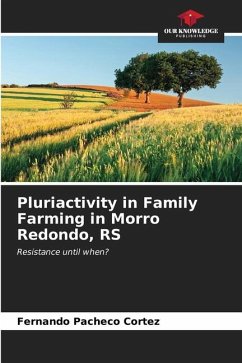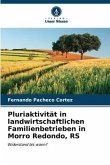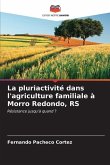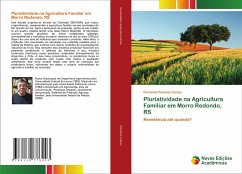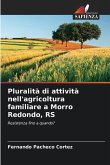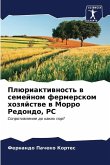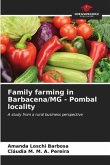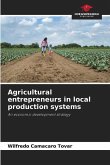This study originated through Call 2001/CNPq, which originally aimed to understand family farming in six municipalities in Rio Grande do Sul. After the proposal was approved, it was decided to carry it out in four towns, one of which was Morro Redondo. The municipality, once a major producer of temperate fruit (mainly peaches) and vegetables in general, stood out until the 1970s because it had a number of industries that packaged the product. In addition, unprocessed production in the municipality was also sent to the city of Pelotas, which had other industrial fruit processing units. Despite this favourable production dynamic for small producers, the advent of Mercosur and its trade treaties offered new products, mainly from Argentina and Chile. Faced with this new competition, local producers were faced with products with lower costs and similar quality. This new scenario imposed a series of restrictions on local producers, jeopardising the very continuity of family farming in the municipality.
Bitte wählen Sie Ihr Anliegen aus.
Rechnungen
Retourenschein anfordern
Bestellstatus
Storno

